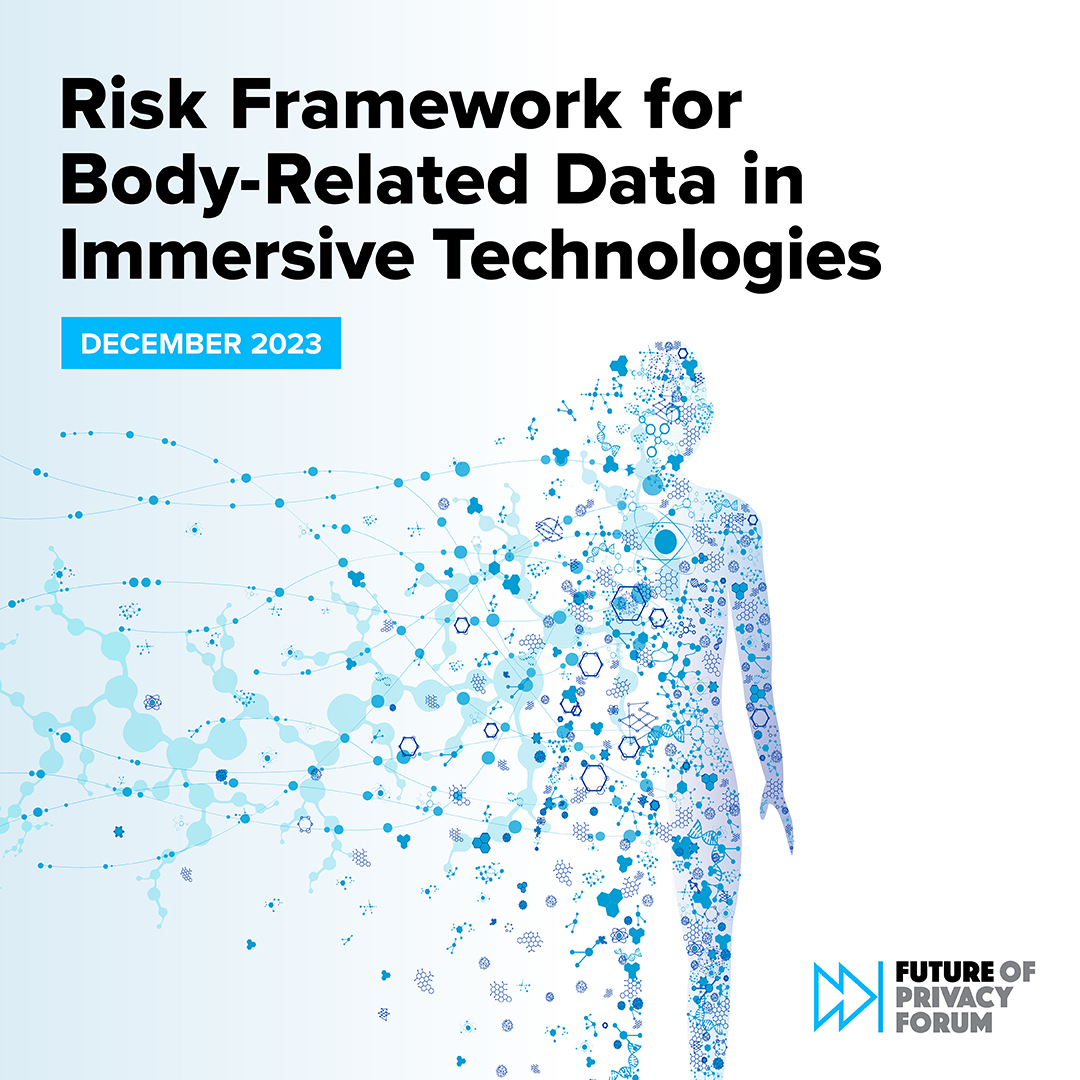Showing results for virg use promo code xped afghanistan

This Year’s Must-Read Privacy Papers to be Honored at Washington, D.C. Event
[…] Logan Koepke, Upturn; Pauline Kim, Washington University in St. Louis – School of Law; Solon Barocas, Microsoft Research and Cornell University; and Mingwei Hsu, Upturn Entities that use algorithmic systems in traditional civil rights domains like housing, employment, and credit should have a duty to search for and implement less discriminatory algorithms (LDAs). Why? […]

Explaining the Crosswalk Between Singapore’s AI Verify Testing Framework and The U.S. NIST AI Risk Management Framework
[…] the NIST AI RMF, what it aims to achieve, and how it works. Third, the blog post will explain the “Crosswalk”, and how users can expect to use the document. Fourth, the blog post will conclude with observations on what the Crosswalk means for international cooperation in the area of AI governance. AI Verify […]

Regu(AI)ting Health: Lessons for Navigating the Complex Code of AI and Healthcare Regulations
[…] a part of healthcare conversations for decades, recent technological developments have seen exponential growth in potential applications across healthcare professionals and specialties requiring response and regulation of use and application of AI in healthcare. The Department of Health and Human Services (“HHS”) is the central authority for health sector regulations in the United States. […]

Regu(AI)ting Health: Lessons for Navigating the Complex Code of AI and Healthcare Regulations
[…] a part of healthcare conversations for decades, recent technological developments have seen exponential growth in potential applications across healthcare professionals and specialties requiring response and regulation of use and application of AI in healthcare. The Department of Health and Human Services (“HHS”) is the central authority for health sector regulations in the United States. […]

FPF Files Comments with the Consumer Financial Protection Bureau Regarding Personal Financial Data Rights
[…] to the CFPB, including: Encouraging the development of industry standards for third party privacy rules and data provider denials of access requests; Supporting an opt-in standard and use of de-identified data, while providing an approach for high-risk uses; Clarifying an approach to address ‘dark patterns’ to discourage consumer manipulation; Strengthening the phase-out of and […]

Understanding Body-Related Data Practices and Ensuring Legal Compliance in Immersive Technologies
[…] also critical for identifying potential privacy risks and implementing best practices to mitigate them. Organizations should bring together experts from different teams to document how they collect, use, and onwardly transfer body-related data. The following steps help organizations conduct these processes effectively. Create data maps of data practices, particularly in regard to body-related data […]

FPF in 2023: A Year in Review
[…] Center and Seed AI in conjunction with the Congressional Artificial Intelligence Caucus “AI Primer: AI in the Workplace,” highlighting FPF’s Best Practices. Provided testimony on the responsible use and adoption of AI technologies in New York City classrooms. Published insightful op-eds in WIRED discussing the intersection of AI and immersive technologies and The Hill […]

FPF Publishes New Report: A Conversation on Privacy, Safety, and Security in Australia: Themes and Takeaways
[…] e-Safety Commissioner Several participants found deficits in the length and scope of the public consultation available throughout the process Participants identified several potential benefits of an industry code beyond its intended scope Participants broadly opposed any approach that would require otherwise encrypted messaging services to utilize content hashing and/or client-side scanning Many participants discussed […]

Risk Framework for Body-Related Data in Immersive Technologies
Today, the Future of Privacy Forum (FPF) released its Risk Framework for Body-Related Data in Immersive Technologies for organizations to structure the collection, use, and onward transfer of body-related data. Organizations building immersive technologies like extended reality and virtual worlds often rely on large amounts of data about individuals’ bodies and behaviors. While body-related […]

Five Big Questions (and Zero Predictions) for the U.S. State Privacy Landscape in 2024
[…] the year that the public first experiences widespread enforcement of their new privacy rights? One structural reason for a lack of visible enforcement actions may be that Virginia, Colorado, Connecticut, and until recently, California all provide the ability for businesses to ‘cure’ many or all alleged violations of their privacy laws before a formal […]
